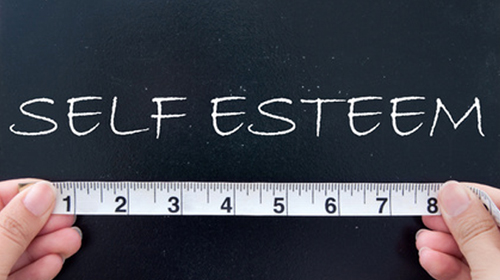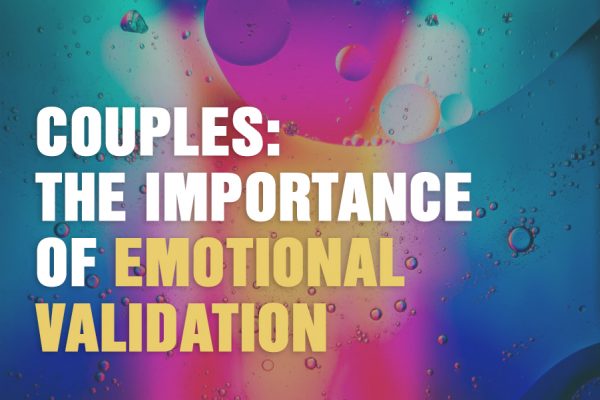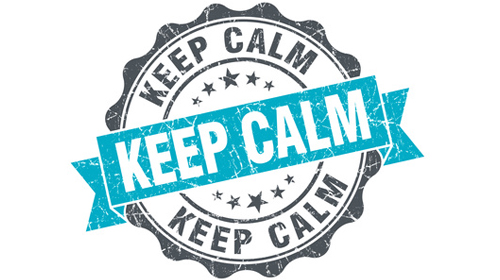What is low self-esteem?
Our self-esteem is how we feel about ourselves. It’s the image we have of ourselves in our minds, and it’s the beliefs we hold about ourselves. It’s how we value ourselves. The dictionary defines self-esteem as “confidence in one’s own worth or abilities”. People with low self-esteem tend not to have any confidence in their worth or abilities. In fact, they tend not to have any confidence at all. Low self-esteem can have an impact on many areas of life, including relationships, friendships and work.
What are the symptoms of low self-esteem?
People with low self-esteem tend to:
- Look on the negative side of most things.
- Focus on their weaknesses rather than their strengths.
- Blame themselves when things go wrong,
- Feel not good enough.
- Compare themselves unfavourably with others.
- Feel envious when others do well.
- Isolate themselves from others.
- Be unable to trust.
- Believe they are incapable of achieving their potential.
- Let others make decisions for them.
- Fear taking risks or trying new things.
- Struggle saying no.
What are the causes of low self-esteem?
The roots of low self-esteem are often in childhood. Parents may have been critical and unsupportive, and that criticism can become internalised within the person’s belief system. Other early factors impacting on a person’s self-esteem can be bullying in the playground, high ideals set by images and messages in the media, and tough targets and high performance demanded by unhelpful teachers. In teenage years – when people are growing into their own identities – the first intimate relationships can either nurture or damage their self-esteem.
How can you raise low self-esteem?
Raising self-esteem can be a slow process because negative beliefs about the self can be deeply embedded and hard to shift. Years of thinking badly about yourself and not valuing who you are and what you do can take time to transform into healthier ways of regarding yourself.
Ways of dealing with low self-esteem can include the following:
Use positive affirmations
Having low self-esteem can be like having poison constantly dripped into your ear – except you’re administering that poison yourself. Negative self-talk is damaging and debilitating to your self-esteem. It makes you feel worthless, and yet you can’t help but talk down to yourself. Replacing those negative messages with positive affirmations can be a step towards drowning out those messages. What the affirmation is depends on where your weak point is. Examples of positive affirmations include: I am a strong, independent person with a mind of my own. I am loved, loving and lovable. I can achieve my goals. I deserve a healthy, loving relationship.
Start whispering positive messages to yourself and you will begin to notice a difference.
Separate yourself from your mistakes
This doesn’t mean denying your mistakes. It’s just that people with low self-esteem tend to identify themselves with their mistakes and then use them as further evidence that they are a failure. Instead of saying: “I’m completely useless. I’ll never achieve anything.” – transform it by saying “I’ve made a mistake and I’ll learn from it.” In a way, this process is about accepting that we’re human and forgiving ourselves for not being perfect.
Do something kind for others
There’s a phrase that says esteem comes from doing esteemable things. Helping others – through charity or voluntary work, or becoming involved with your community – can help you to feel better about yourself.
Follow your joy
People with low self-esteem tend to let others boss them about, and they can go along with what others want rather than asserting their own thoughts and needs. What’s your true passion, deep down? Is it writing, knitting, gardening, dancing, travelling? Allow yourself to follow your joy. Sign up to an evening class. Give yourself the holiday you’ve always wanted. Give yourself permission to be you.
Learn to say no
This can be a tough one, because people with low self-esteem can fear that saying no to someone will result in a punishment. First, try saying no thank you in a situation that feels safe (for example, say no to the person in the street trying to get you to take a leaflet). Then build up to saying no to requests and situations that don’t sit well with you. Saying no builds up your own personal boundaries that will become stronger with time.
Speak to a therapist
Counsellor and psychotherapists are trained to listen with empathy and without judgement. They can help you identify the patterns that trigger feelings of low self-esteem and encourage you to become assertive with a stronger sense of self.
For support on your path to higher self-esteem our team of therapists can help. Call 020 8673 4545 to book an appointment.








2 Comments. Leave new
Fantastic article and I can vouch for all these methods of recovery from low self esteem. I battled for years with this and by using all of these suggestions have allowed my esteem to grow. I had to hit a rock bottom first, but once there, given these tools, I have built myself back up again, stronger and more in tune with the world.
Thanks for taking the time to read and comment. It’s heart warming to hear your story and how you moved from hitting rock bottom to finding the tools to re-build a stronger sense of self. Delighted to hear you’ve been able to do that. If you’ve picked up any other tips along the way, please do feel free to share.